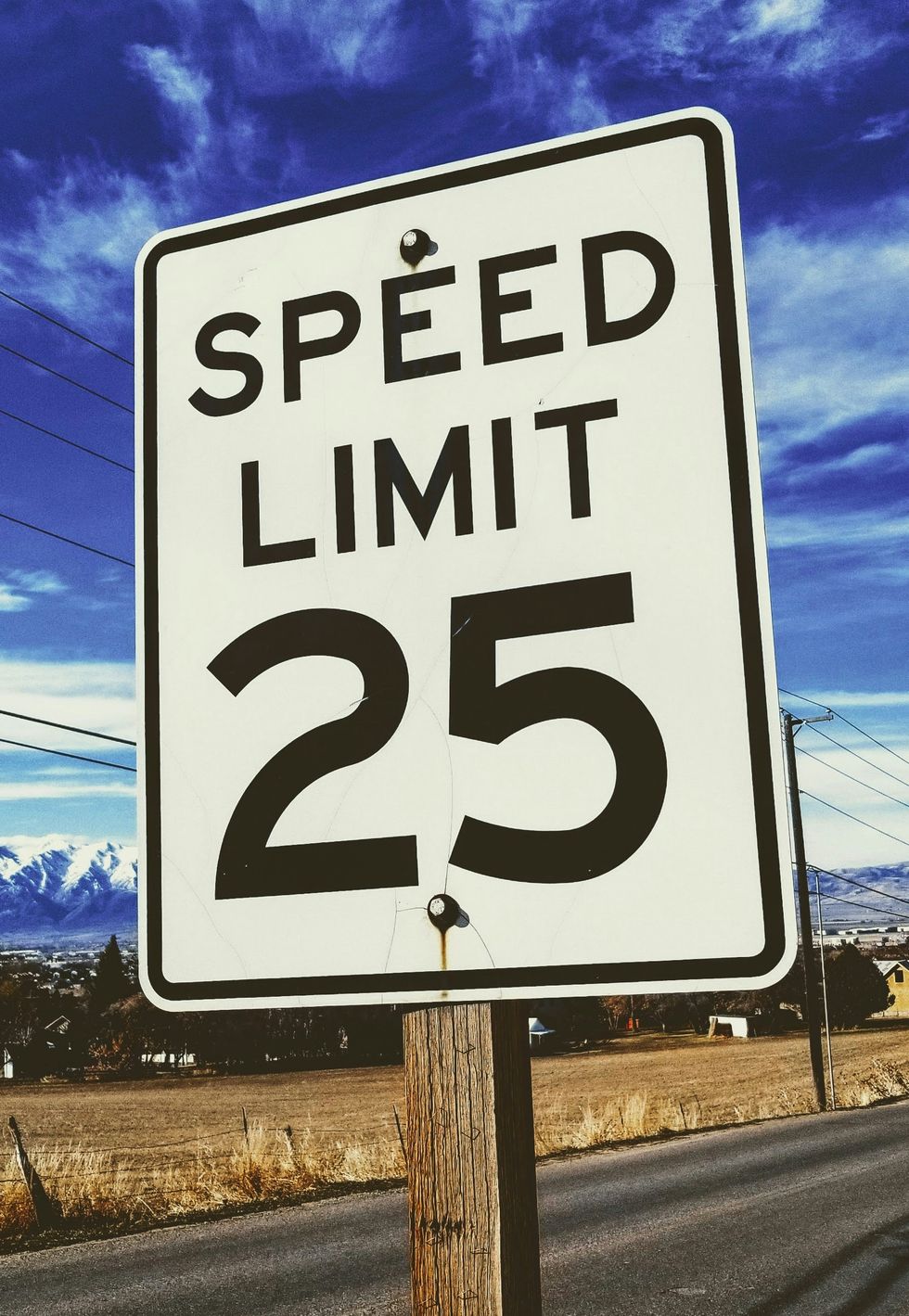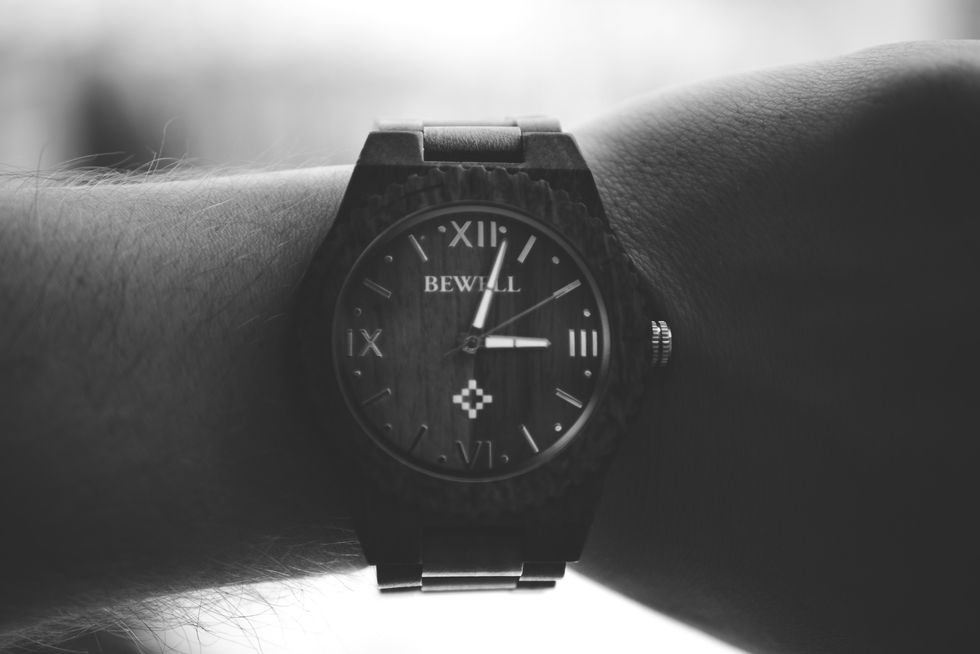NJ CAN 2020, the official coalition pushing for NJ legalization, is campaigning hard to make New Jersey the 13th legal adult-use state.
The campaign has launched a digital operation to ensure it is clear people want legal cannabis. One such effort is called “Turn the Page.” Along with referring to the need to physically turn the ballot to vote for legalization, the idea is also about moving past the War on Drugs.
NJ CAN 2020 is a broad coalition of groups seeking to legalize cannabis on the Tuesday, November 3rd ballot referendum. Led by the ACLU of New Jersey, it includes the NAACP, Doctors for Cannabis Regulations (DCRF), the Latino Action Network (LAN), Coalition for Medical Marijuana of New Jersey (CCMNJ), the NJ CannaBusiness Association, the UFCW labor union, and others.
Referendums do not come naturally to New Jersey like in California. In California, it is fairly easy for a group to gather signatures to pass a law they have written. That’s how medical marijuana was legalized in 1996.
In New Jersey, the referendum is an amendment to the state constitution that still requires the state legislature to pass and implement legislation if it passes. Advocates failed twice last year to pass legalization through the legislature.
The bright side is that cannabis polls well in New Jersey. Polls completed throughout the year show it enjoys between 63 and 66 percent support.
With early voting underway, an October 9th poll by Fairleigh Dickinson University indicated that 61% of likely voters plan to or have already voted yes on the ballot question.
“People want to see cannabis legalization pass in New Jersey,” said NJ CAN 2020 Campaign Manager Axel Owen.
Owen is worried about ballot drop off where people only vote for president and ignore the rest of the ticket.
“There is a large section of voters in the United States, New Jersey is not excluded from that, who go and only vote for president,” Owen said. “And based where we are on the ballot, it’s expected 30 to 40 percent don’t get to our question.”
Campaigning COVID Style
COVID makes calculating the numbers of voters who will turn out difficult. New Jersey will have a “hybrid election” where 5.7 million will get a mail-in ballot, but people can cast provisional ballots at their polling places. People can go to their polls, but their votes will be counted as provisional ballots.
Owen said the campaign will engage in a ballot chase program to make sure people vote properly by mail.
The advent of COVID has made traditional campaigning impossible. Initially, a large field operation with staffers and volunteers contacting people door to door, and many live events were planned. But that had to be scrapped for a more digital/social media focused campaign.
Instead, they’re running more online ads and social media to persuade people. In partnership with NJ CAN 2020, New Jersey Governor Phil Murphy (D) released a video message last week to promote and support the state's legalization measure.
While the opposition has not been very active, “We cannot take that for granted. We have to assume they’re organized, and they’re ready,” Owen said. “Because they know we’re the domino everyone is looking at.”
One of the main arguments against legalization is that it will be marketed to children. However, teenage usage rates havefallen as state legalization has occurred.
Social Justice in NJ Legalization
Advocates are acutely aware cannabis legalization has many social justice repercussions.
“We need to end the collateral consequences of putting this scarlet letter on people when they get busted for cannabis possession,” Owen said.
Other states did not push legalization from a social justice aspect. Thus, social justice issues had to be addressed by further legislation with varying degrees of success.
“Illinois was supposed to be the shining beacon on the hill in the industry, and it’s failed,”. Owen added. “It’s been terribly run, a lot of the social provisions that were talked about were never implemented. New Jersey has the opportunity to do it right.
“New Jersey wastes $143 million a year processing marijuana arrests. That does not even include the money spent on actually trying those charged with a marijuana crime,” shared Owen.
The ACLU calculated there are 32,000 arrested a year. Those who are arrested are disproportionately Hispanic and Black. Once legalization passes, instead of arresting individuals whose car smells of cannabis, police officers could be working to solve serious rape and murder cases.
Owen said people will be able to become entrepreneurs as a new industry is created. The creation of a new industry is rare and can be profitable. He compared it to the dotcom boom of the 90's.
“We are the focal point of the entire cannabis industry right now. Because if New Jersey goes, New York, Pennsylvania, Delaware, Connecticut, and Rhode Island will quickly follow.” said Owen. That will likely lead to federal legalization.
“We have an opportunity here to set the stage for something greater,” Owen concluded.
WANT MORE? Sign-Upfor The Bluntness Newsletter for Your Weekly Dose of Cannabis News
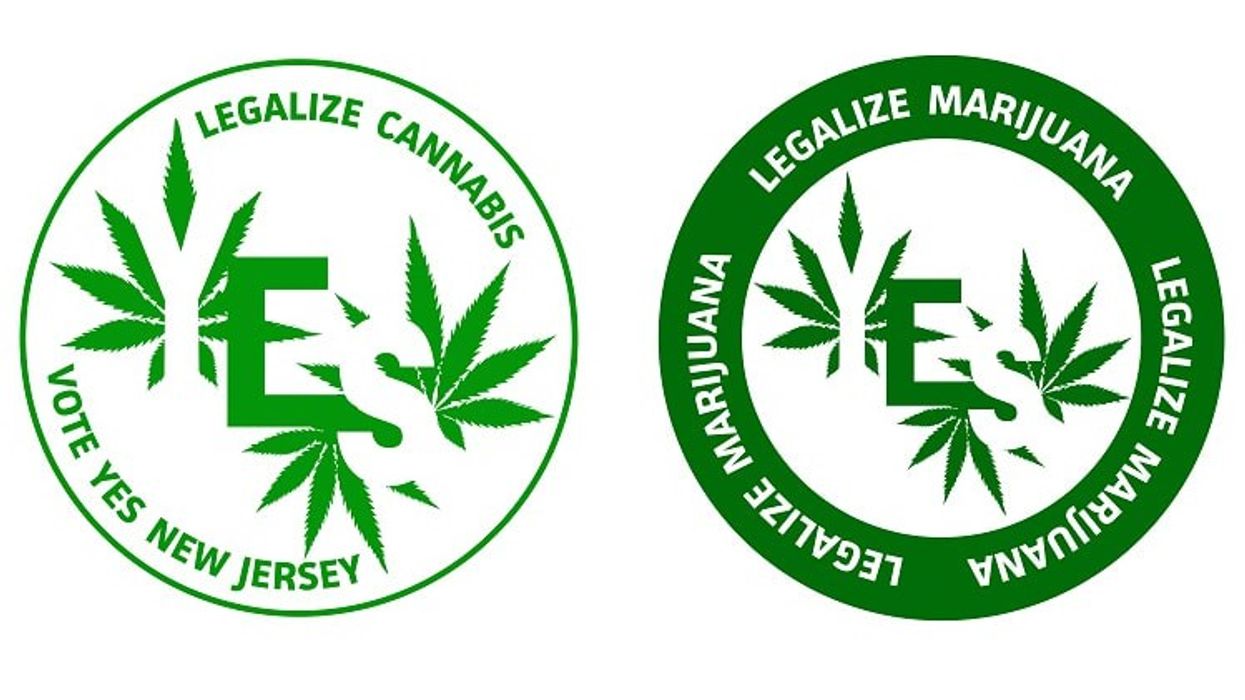

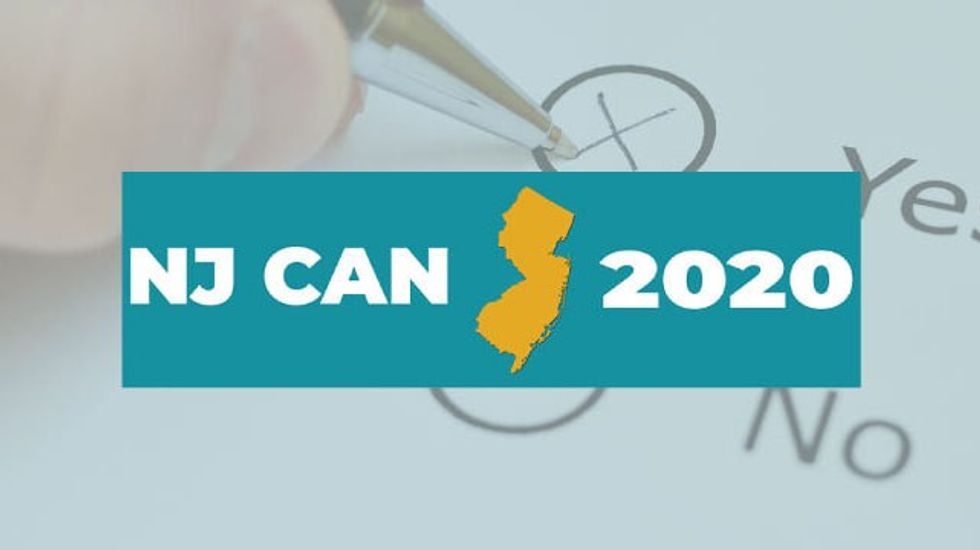
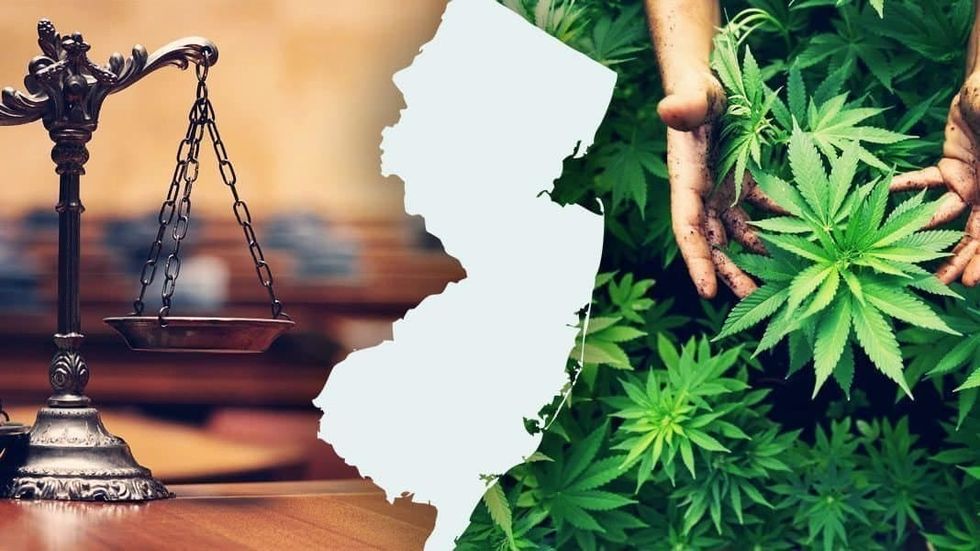





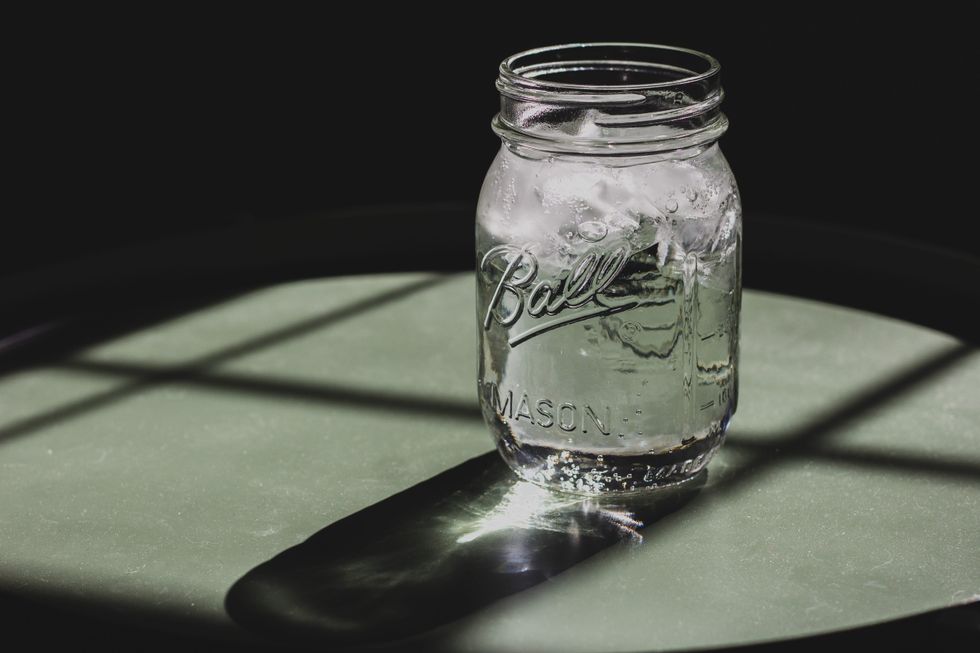 How to Store Magic Mushrooms
How to Store Magic Mushrooms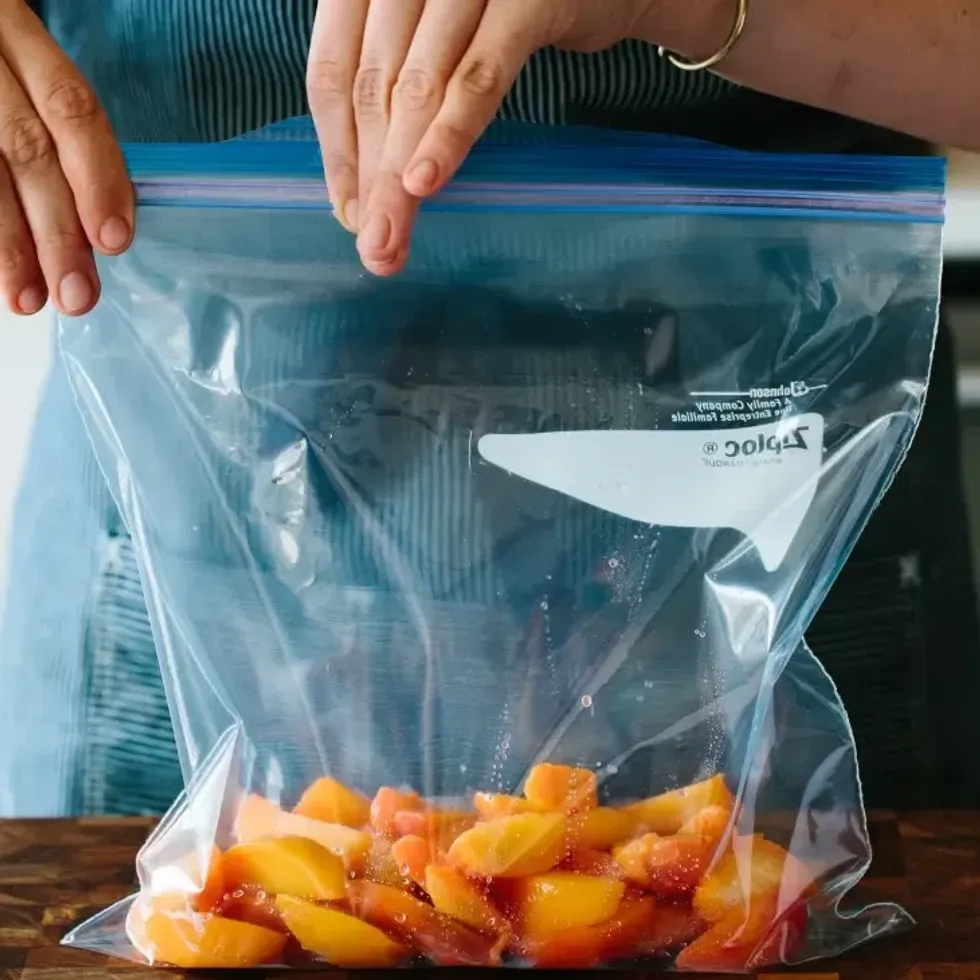 How to Store Magic Mushrooms
How to Store Magic Mushrooms How to Store Magic Mushrooms
How to Store Magic Mushrooms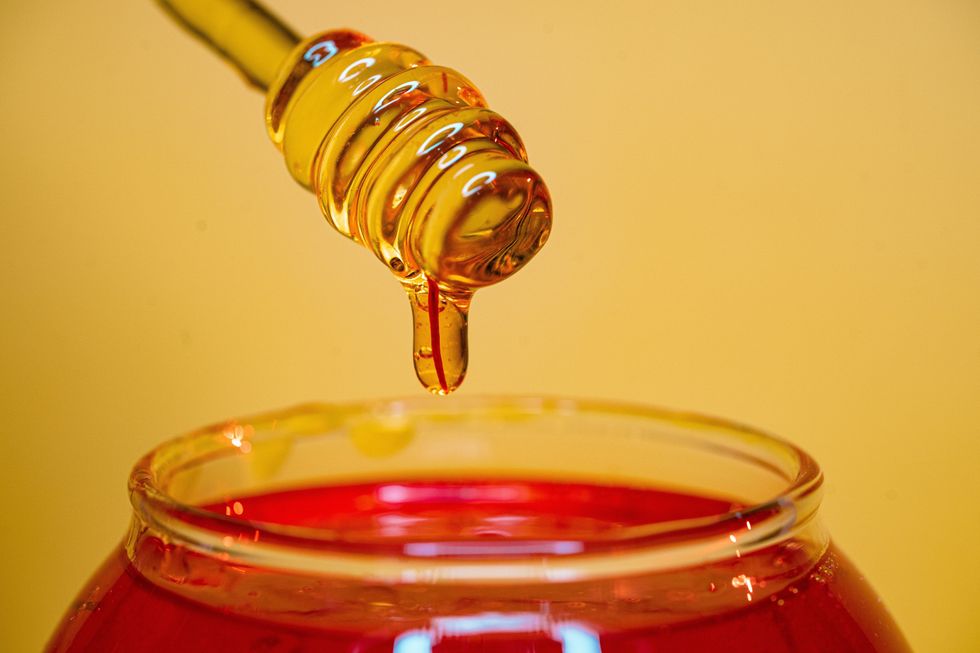 How to Store Magic Mushrooms
How to Store Magic Mushrooms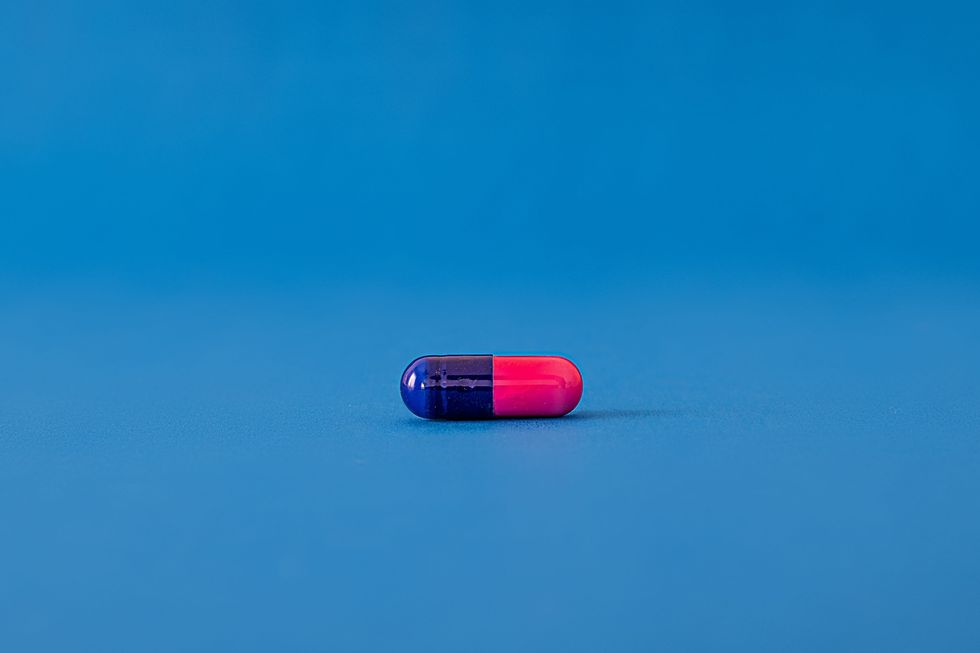 How to Store Magic Mushrooms
How to Store Magic Mushrooms





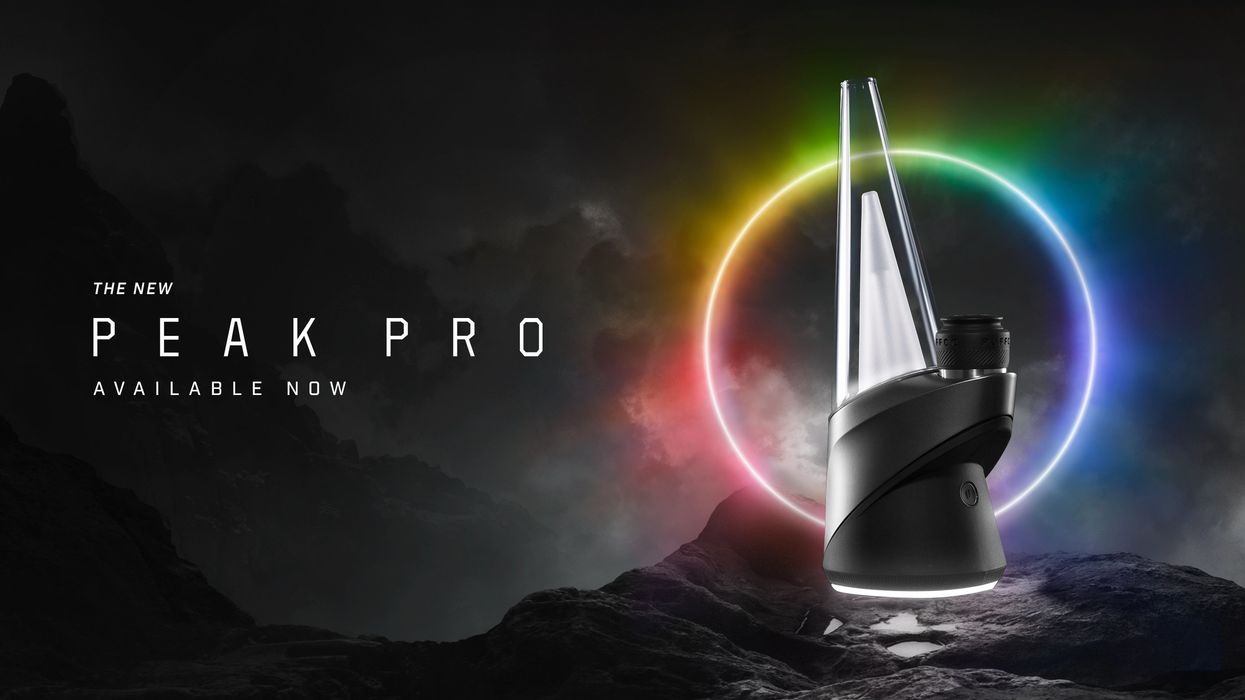
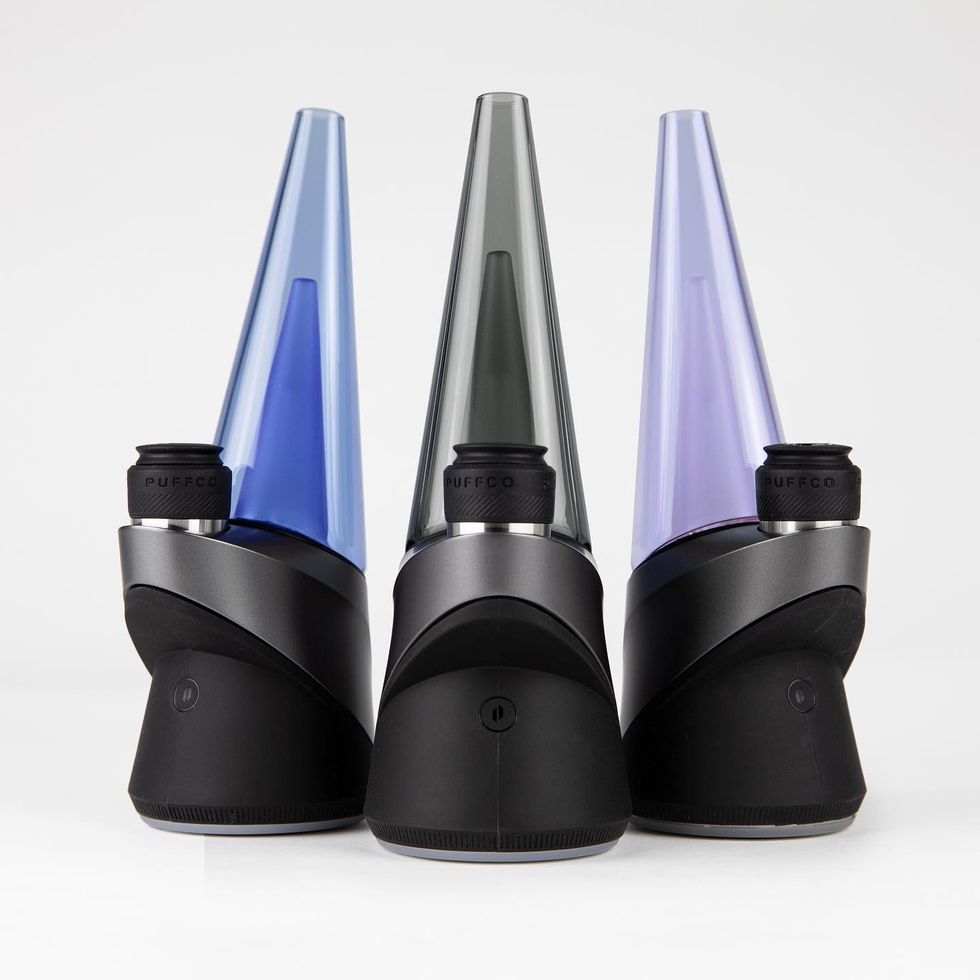 The Puffco Peak Pro brings style and ease to cannabis dabbing.Image from Puffco on Facebook
The Puffco Peak Pro brings style and ease to cannabis dabbing.Image from Puffco on Facebook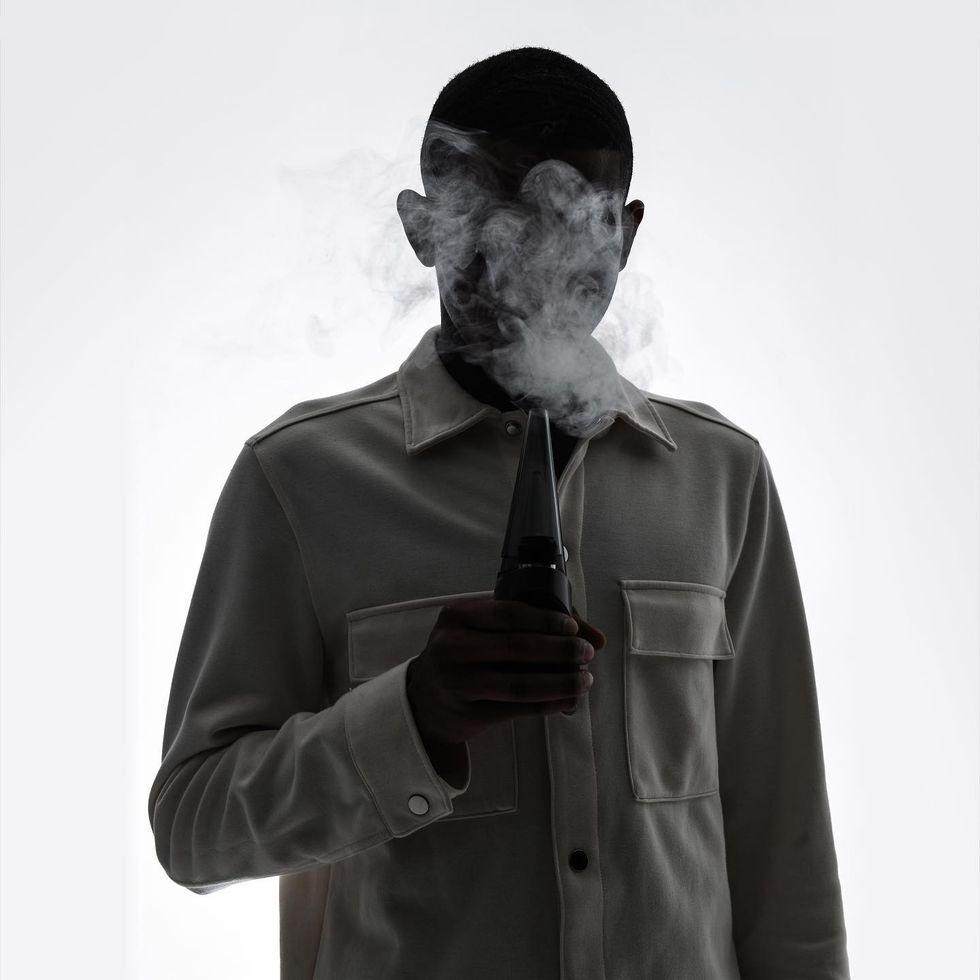 The Puffco Peak Pro is easy to hold AND easy to use.Image from Puffco on Facebook
The Puffco Peak Pro is easy to hold AND easy to use.Image from Puffco on Facebook The Puffco Peak Pro allows you to appreciate cannabis and innovation at the same time.Image from Puffco on Facebook
The Puffco Peak Pro allows you to appreciate cannabis and innovation at the same time.Image from Puffco on Facebook

 Cannabis and Sleep: Finding Rest with Herbal Remedies - The Bluntness
Photo by
Cannabis and Sleep: Finding Rest with Herbal Remedies - The Bluntness
Photo by 



